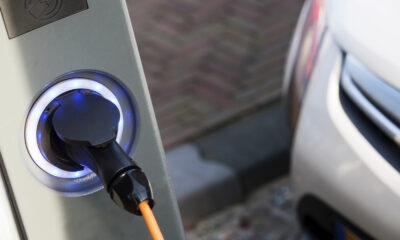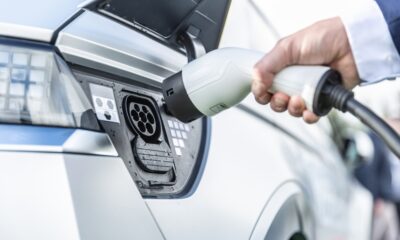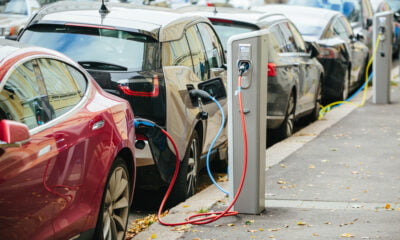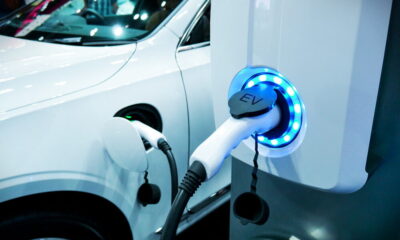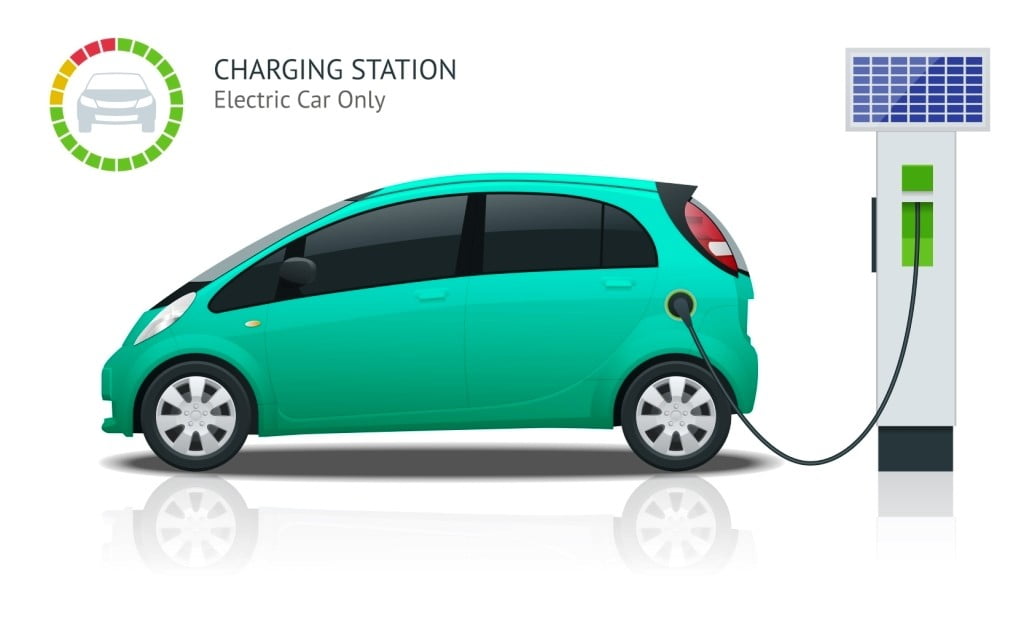
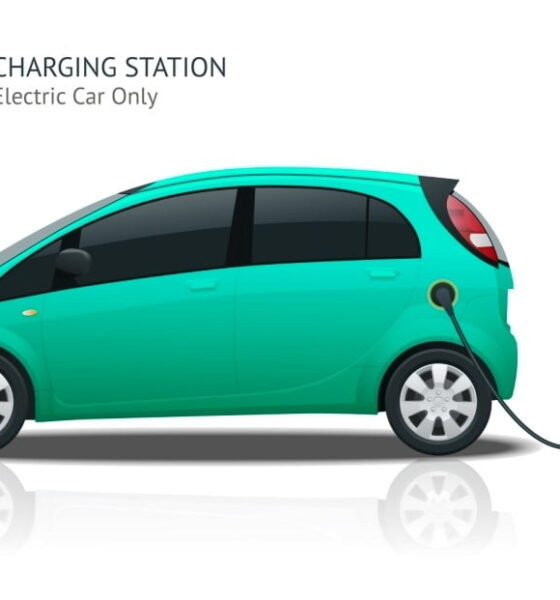
Environment
Biggest Tip to Eco-Friendly Car Ownership (Which May Surprise You)
Most readers know what sort of vehicle they ought to be driving in order to lead a more eco-friendly life going forward. The answer, of course, is electric. However, at a time when electric car options are extremely limited and their parts can be quite expensive, most consumers turn their attention towards hybrids and gasoline vehicles with high-MPG.
Yet, the biggest tip to eco-friendly car ownership relates not to new cars, but to old ones. That’s right. It turns out driving your old family automobile is probably better for the environment than exchanging it for a slick new whip. Considering the relatively low-MPG and high emissions of older cars, how is this possible? The answer is simple: manufacturing the newer vehicles and all their replacement parts.
Analysis conducted by Big Auto reveals nearly one-third of carbon dioxide emissions spewed by a typical gasoline-powered car over its lifetime occurs before the vehicle even gets to the dealership. Meanwhile, the batteries powering hybrid and electric vehicles demand vast amounts of resources to create despite leading to reduced gasoline consumption on the road, consequently taxing the environment more.
In short, buying a new car without first driving your old car to its deathbed is ultimately not very eco-friendly in itself. Watch cars driving along a stretch of highway for several minutes and spot the makes and models that appear to be decades old. Chances are pretty good the cars you spot will come from one of two places: Europe or Japan.
This clues us into which automobiles tend to keep going with some repairs, versus those likely destined for the junkyard after just a decade. For instance, BMW parts – even those made aftermarket – are renowned for their finely-crafted engineering and durability. It’s not unusual to replace brakes or spark plugs multiple times, and even fix various steering and suspension parts. On a seemingly-eternal BMW X5, it’s not even unheard of to replace the engine’s timing chain guide rails and hear it roar back to life for another 100k miles. In this day and age of the Internet it’s easier than ever to keep your older bimmer updated yourself, since you can find most BMW parts online and have them delivered right to your door — sometimes for free. Just check out eEuroparts.com, their BMW spare parts catalog has multiple OEM, aftermarket and even performance options to choose from.
The same holds true for many other European-made vehicles, such as Volvos and Mercedes. Of course, not everyone has an older model foreign luxury vehicle in their garage. In which case, many readers currently owning an early-model Honda or Toyota can probably count on a similar “second-life” for their cars, rather than start looking for a new car to purchase.
The bottom line here is that it takes an incredible amount of material and energy to build an automobile and its parts, whether or not the car runs on gasoline, electricity, or a combination of the two. This level of manufacturing spells bad things for the environment in more ways than one. While buying a new car is inevitable, financing a new electric vehicle can be put off for months or even years simply by repairing your older car. Meanwhile, your carbon footprint stays relatively the same.
Which leads us to the secondary benefit of swapping for replacement parts versus swapping for a whole new vehicle: the financial relief. It may not seem so at the time – especially when combined with labor costs – but fixing your early-model BMW or Toyota is sure to be wallet-friendly over time. While the bells and whistles of a new car are certainly fun and exciting, few of us probably prefer adding a $300 car payment to our monthly budgets. Save it for when it’s truly necessary by keeping your older car on the road for as long as possible. Earth – and your bank account – will benefit.


 Environment12 months ago
Environment12 months agoAre Polymer Banknotes: an Eco-Friendly Trend or a Groundswell?

 Features11 months ago
Features11 months agoEco-Friendly Cryptocurrencies: Sustainable Investment Choices

 Features12 months ago
Features12 months agoEco-Friendly Crypto Traders Must Find the Right Exchange

 Energy11 months ago
Energy11 months agoThe Growing Role of Solar Panels in Ireland’s Energy Future
